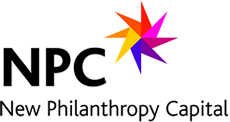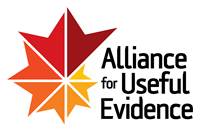This report by Lizzie Trotter, Jim Vine, Matt Leach and Daniel Fujiwara from HACT, produced in conjunction with Value Calculator, places robust values on the social impact of community investment activities. It includes values as well as practical guidance on how to apply them to achieve a basic assessment of social value using the Well-being Valuation approach.
This paper, by Daniel Fujiwara for HACT, sets out the methodology and analytical approach underlying the work on community investment and social value. The paper explains the Well-being Valuation approach, provides details of the datasets that the analysis draws on, describes the statistical method in technical detail, and introduces the broader theory behind social impact.
SImetrica specialises in cutting-edge research on social impact analysis and policy evaluation. SImetrica’s resources include publications on a wide range of disciplines related to social impact analysis, including:
- The philosophy of policy evaluation (normative ethics);
- The application of social impact frameworks including cost-benefit analysis, cost-effectiveness analysis, cost-utility analysis and social return on investment;
- Statistical and econometric analysis for causal inference;
- Valuation of non-market goods and outcomes;
- Behavioural science.
Subjective wellbeing data is becoming increasingly popular in economics research. The wellbeing valuation approach uses wellbeing data instead of data gleaned from preferences to attach monetary values to non-market goods. This method could be an important alternative to preference-based valuation methods such as contingent valuation, but there are a number of significant technical deficiencies with the current methodology. It is argued that the current method derives biased estimates of the value of non-market goods. This discussion paper by Daniel Fujiwara presents Three-Stage Wellbeing Valuation, a new approach to valuation using subjective wellbeing data that solves for the main technical problems and as a result derives estimates of welfare change and value that are consistent with welfare economic theory.
This paper by Daniel Fujiwara from the LSE launches a national discussion on identifying the evidence needs to prove the impact of adult learning for decision making at local and national level. This piece of research flows from two pieces of NIACE work: on behalf of the Local Government Association exploring the changing strategic role of adult learning and skills in communities; and our work for the Skills Funding Agency completing Social Return on Investment (SROI) analyses with a sample of Adult and Community Learning Funding projects, in partnership with the SROI Network. Using the Well-being Valuation (WV) approach, this paper shows that adult learning adds value to many wider agendas.





